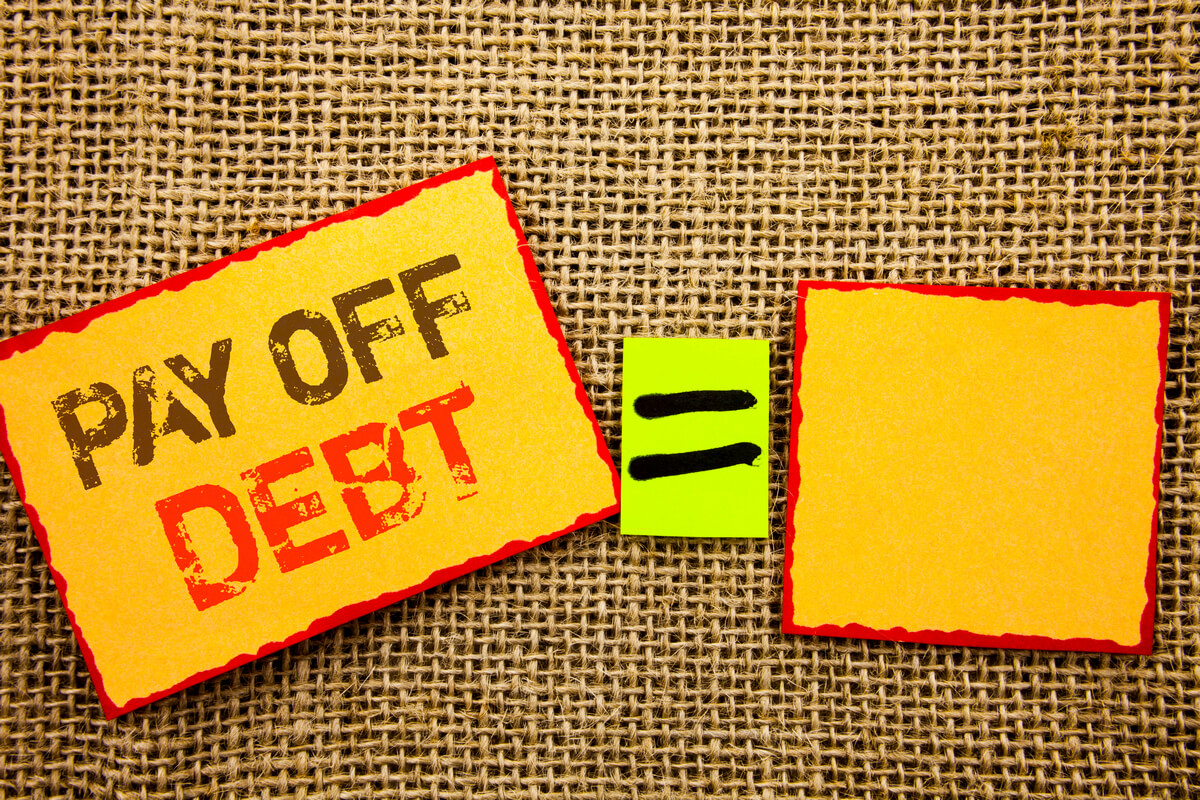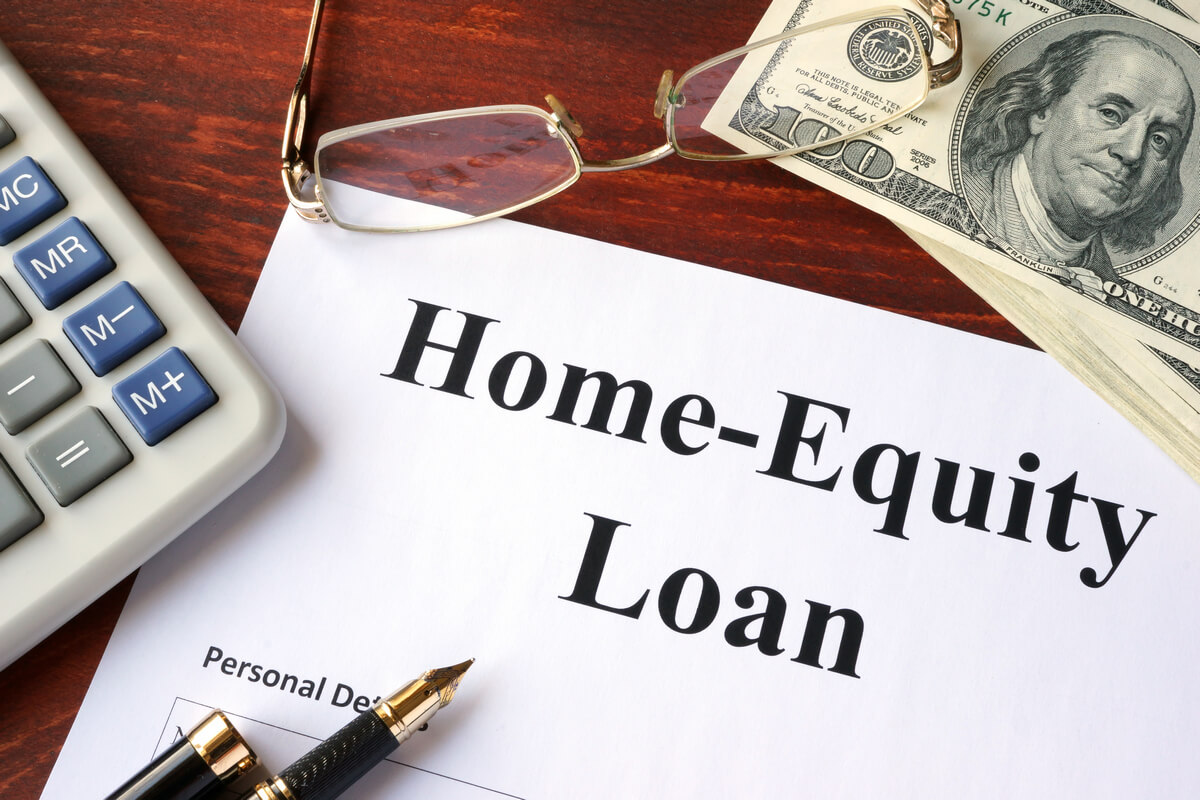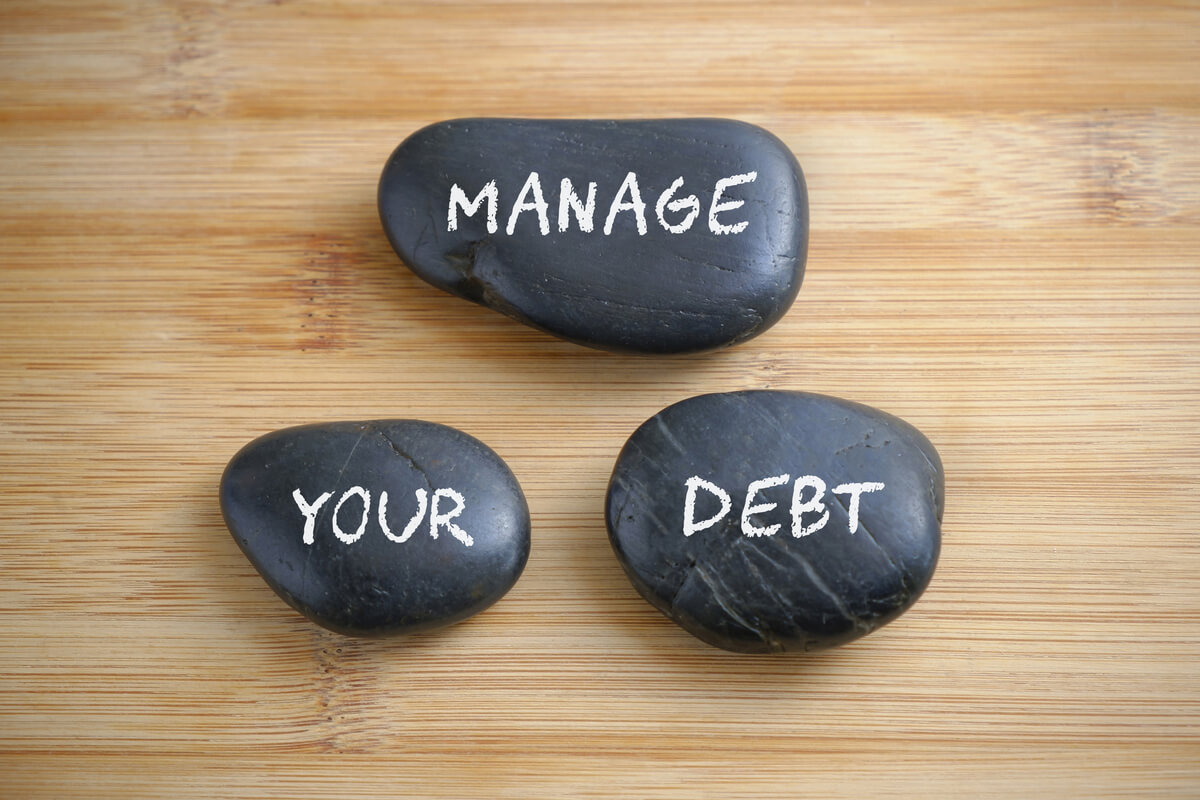Nobody wants to be in debt, but most people find themselves owing money at some point in their lives. If your income and living expenses are manageable, paying off a small amount of debt should be fairly quick and easy. If you have serious debt, though, you might have more cause for concern.
When debt payments make up a substantial percentage of your budget every month, you may have a hard time getting ahead financially. It can prevent you from saving, and it can affect your credit score. The interest accumulates quickly, too, so you can lose a great deal of money in the long run.
Your home is likely your largest asset, so you may be considering selling it if you feel burdened by debt. This could be a great way to sever ties with your creditors and get a fresh start financially. However, it might not always be worth it to sell your home to pay off debt. Here are four factors to keep in mind before you decide to sell:

1. Why Are You in Debt?
In many cases, debt is more than just a financial problem. The money owed may be the result of a deeper issue, and you need to get to the root of that issue in order to stay out of debt.
You may be able to pay off your debt by selling your home, but if you don’t understand why you went into debt in the first place, you risk repeating the cycle. If your debt is from a one-time situation, like a student loan or a medical emergency, selling your home may fix the problem. You hopefully won’t take on this type of debt again, so selling the house is a permanent solution for your financial future. Be wary of selling your home to cover an unexpected emergency, though, as it’s easy to act on emotion in these stressful situations.
If your debt is in the form of credit cards, personal loans, or car payments, selling your house won’t solve the problem unless you make some serious changes to your spending habits. Unfortunately, people sometimes celebrate their newfound financial freedom by overspending, which eventually puts them back where they started. In this situation, learning about money management should be your top priority. Selling the home might still be a viable option, but it won’t be the only step in the process.

2. Type and Amount of Debt
The amount of debt you have is an obvious but key factor in your decision. If you could pay off your debt in a couple of years by cutting your budget and working a second job, you probably don’t need to sell your home. However, if you truly feel trapped by a massive amount of debt, selling the house might make sense.
The type of debt you have can affect the repayment process, too. For example, credit cards have much higher interest rates than most student loans, and interest for car payments varies dramatically based on your credit score. In addition to looking at your total debt, you have to consider the amount you’ll spend on interest as you pay it back. If the majority of your debt is on high interest loans, selling your home and paying the debt in a lump sum could save you thousands or more in the long run.
Selling your house may also be the right decision if the mortgage is the main source of your financial stress. Your home should be a blessing in your life, not a burden. If your monthly mortgage payments are making it difficult to pay your other bills or save for an emergency, it’s probably a sign that you should downsize.

3. Home Equity
It’s only worthwhile to sell your home to pay off debt if you’ll get a significant amount of money from the sale. Before you rush into selling the house, figure out how much you can actually expect to take away from the deal. You can do this by asking your mortgage provider about your payoff amount, which is the amount you’d need to pay to get rid of the home loan today. Then, consult with an experienced real estate agent in your area who can help you determine how much you could sell your home for.
Your home equity can vary depending on the size of your down payment, the length of your mortgage, and how long you’ve owned the home. The current real estate market can make a big difference, too. If you only bought the house a few years ago, you probably don’t have enough equity in the property to justify the sale. On the other hand, if you’ve been paying off your mortgage for a while and the home has increased in value, selling it may be the easiest way to get rid of your debt.

4. Rent Costs in Your Area
After selling your home, you still have to live somewhere. Look into the rental listings in your area to get an idea of how much you’d pay as a renter. If the average rent would drastically increase your cost of living, it may be better for your financial future to stay in the home you own.
There are a number of other financial benefits to renting, though. Even if the monthly rent is higher than your mortgage payment, you may end up with fewer expenses overall because you’ve eliminated your debt payments. Your landlord or property manager should be responsible for repairs, too, which reduces your risk of a financial emergency.
Some homeowners hesitate to go back to renting because they feel like they’re throwing their rent payments away. Instead of building equity in a property, the money goes right to the owner of the building. Renting for a few years while you save up for a new down payment won’t destroy your financial future, though. By becoming debt-free, you’re setting yourself up for long-term success.
It’s not easy to decide whether you should sell your home to pay off your debt. There are so many different factors involved in homeownership and in debt repayment, and there’s no perfect solution to this problem. If your home isn’t a financial burden and you believe you can pay your debt off within a few years, it may be in your best interest to stay.
If putting the equity in your home toward debt would completely change your life and make you feel free, selling might be the better option. Consider your present situation and your future goals, and speak with professionals you trust. Most importantly, be confident in your decision before you take any action so that you’re sure you chose the right path.

